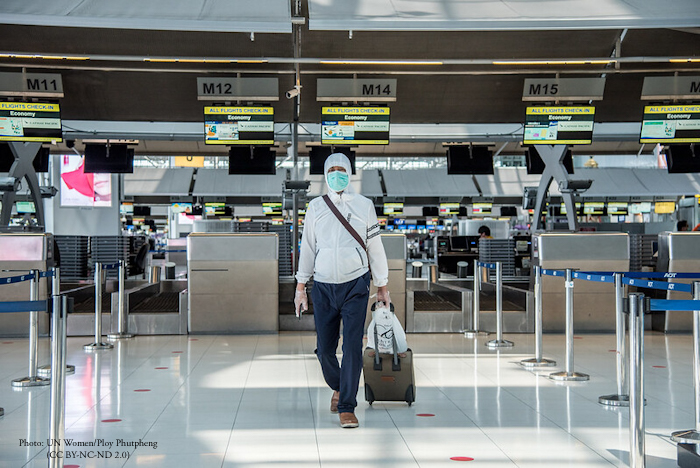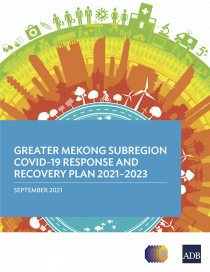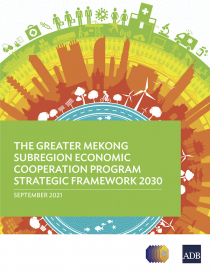Japan Announces $25 Million for ADB-Led Energy Transition Mechanism in Southeast Asia
The Government of Japan today announced a grant of $25 million toward the Energy Transition Mechanism (ETM) partnership led by the Asian Development Bank (ADB).
The Government of Japan today announced a grant of $25 million toward the Energy Transition Mechanism (ETM) partnership led by the Asian Development Bank (ADB).

Photo by UN Women Asia and the Pacific
The Asian Development Bank (ADB) has set up a $1.7 million technical assistance facility to accelerate Southeast Asia’s tourism recovery from the coronavirus disease (COVID-19) pandemic, boost inclusive, sustainable development in the sector, and help local tourism entrepreneurs, especially women and youth, adopt digital platforms to grow their businesses.
The ASEAN High-level Forum on Subregional Cooperation for Sustainable Development and Inclusive Growth initiated by the Government of Viet Nam on 30 November 2021 provided a platform for ASEAN Member States, subregional frameworks, external partners, international organizations, and the private sector to discuss opportunities and challenges in subregions in the ASEAN. The Forum held the following sessions:

The Greater Mekong Subregion (GMS) COVID-19 Response and Recovery Plan 2021–2023 aims to coordinate the efforts of GMS countries on issues that require greater regional cooperation and integration (RCI) to respond to COVID-19 pandemic more effectively. This Plan complements and supports implementation of the GMS Economic Cooperation Program Strategic Framework 2030 (GMS-2030).

The Greater Mekong Subregion (GMS) Economic Cooperation Program Strategic Framework 2030 (GMS-2030) provides a new setting for the development of this subregion for the next decade. It builds upon the GMS Program’s strengths that center on connectivity and a project-led approach to development. This feature summarizes the key priorities of GMS-2030.
The Ha Noi Action Plan 2018–2022 reflected the Greater Mekong Subregion (GMS) Program’s agenda in the last 5 years of the GMS Economic Cooperation Program Strategic Framework 2012–2022. It laid down the agenda for the medium term and guided the Regional Investment Framework in the last 5 years. This feature is based on the Report on Recent Outcomes of GMS Cooperation presented at the 7th GMS Summit of Leaders by Mr. Sok Chenda Sophea, Minister in Charge of the GMS Program, Royal Government of Cambodia on 9 September 2021.
The summit is the highest forum in the Greater Mekong Subregion (GMS) Economic Cooperation Program where the leaders from the six GMS countries can (i) review and assess the progress made under the program; (ii) renew their commitment to subregional cooperation and its goals; (iii) provide support at the highest political level to the program, its projects, and activities; and (iv) provide broad directions for landmark initiatives under the GMS Program. GMS summits are normally held every 3 years.